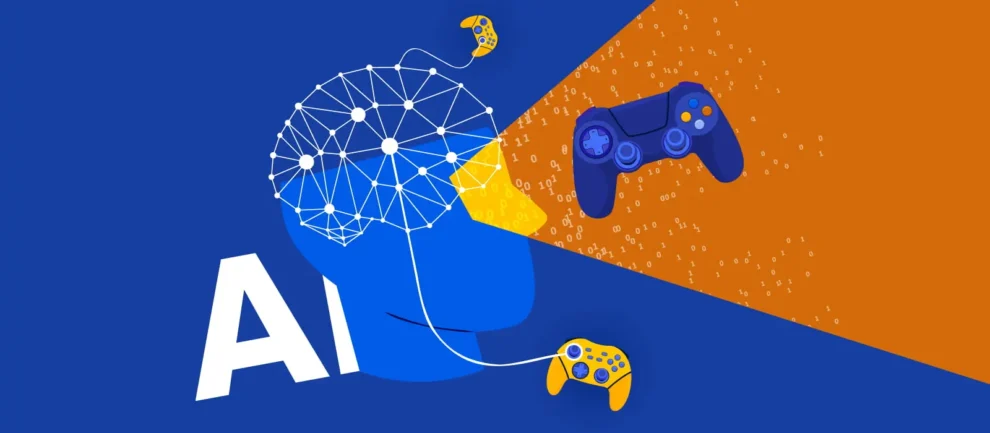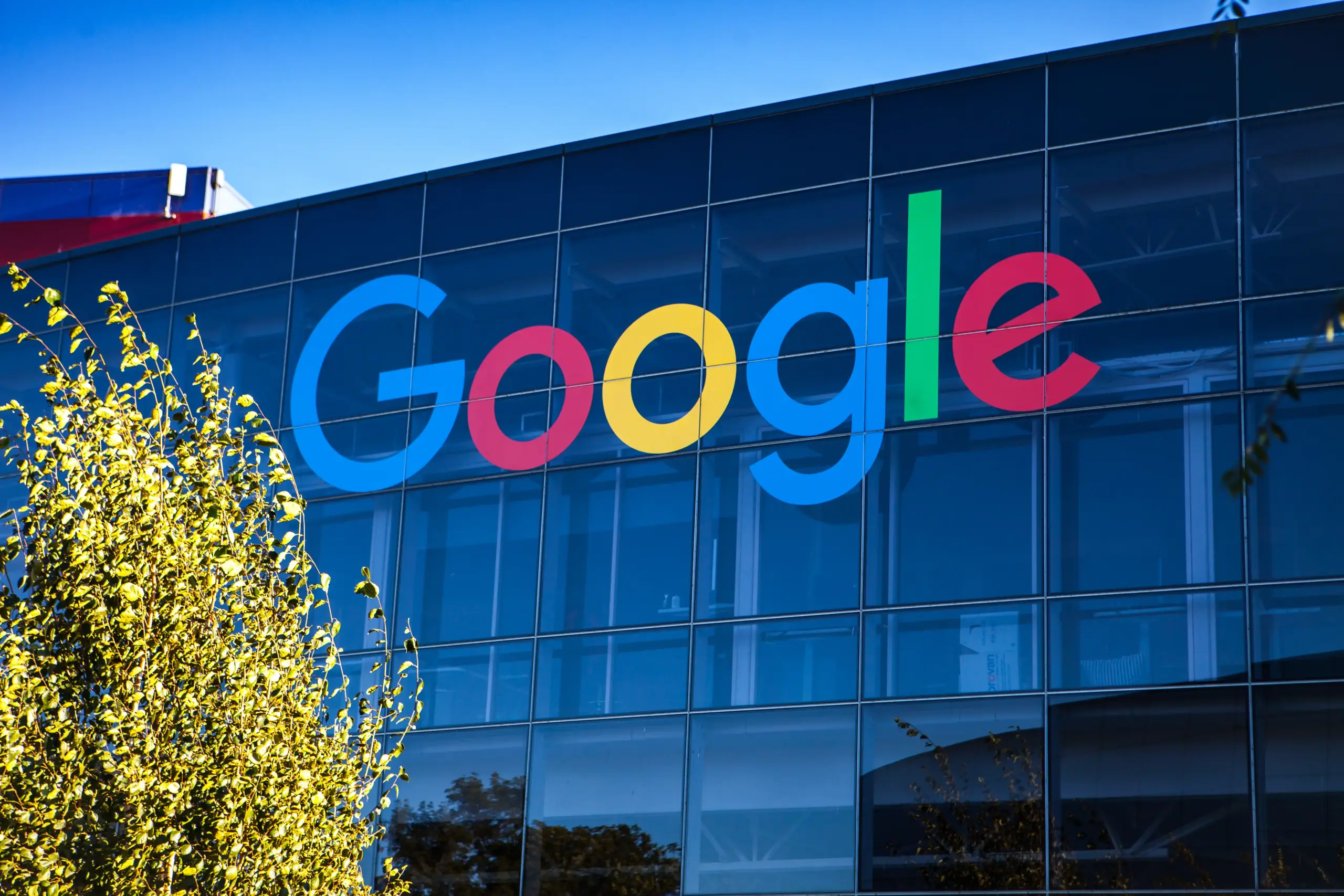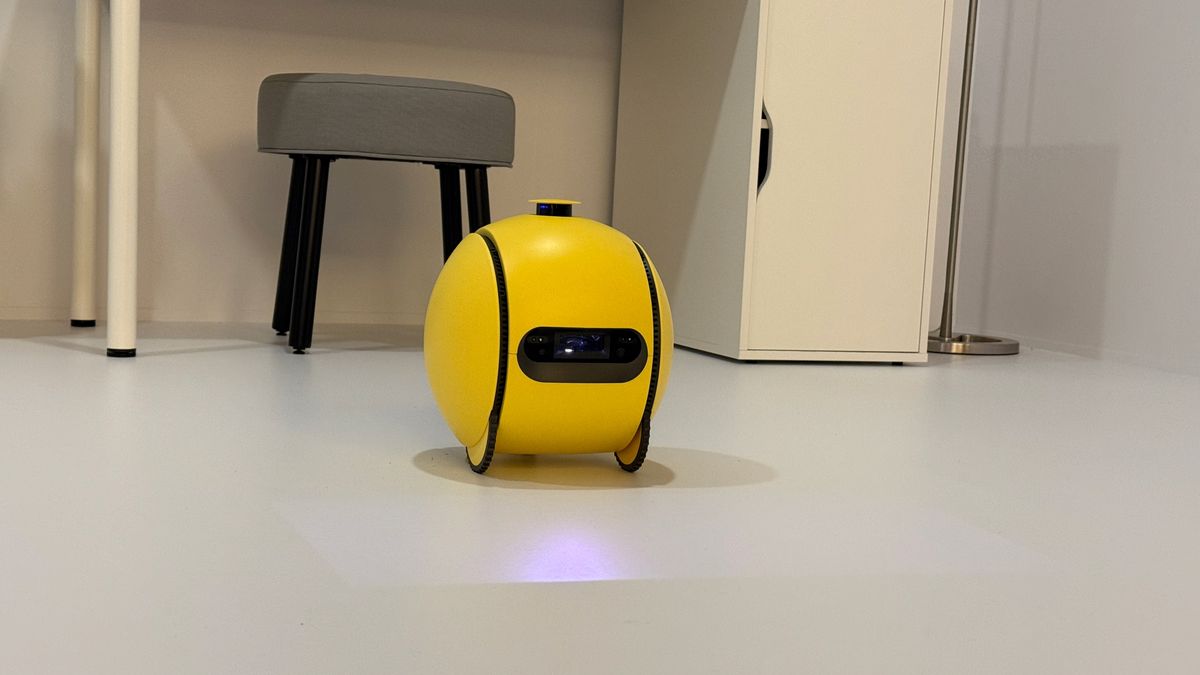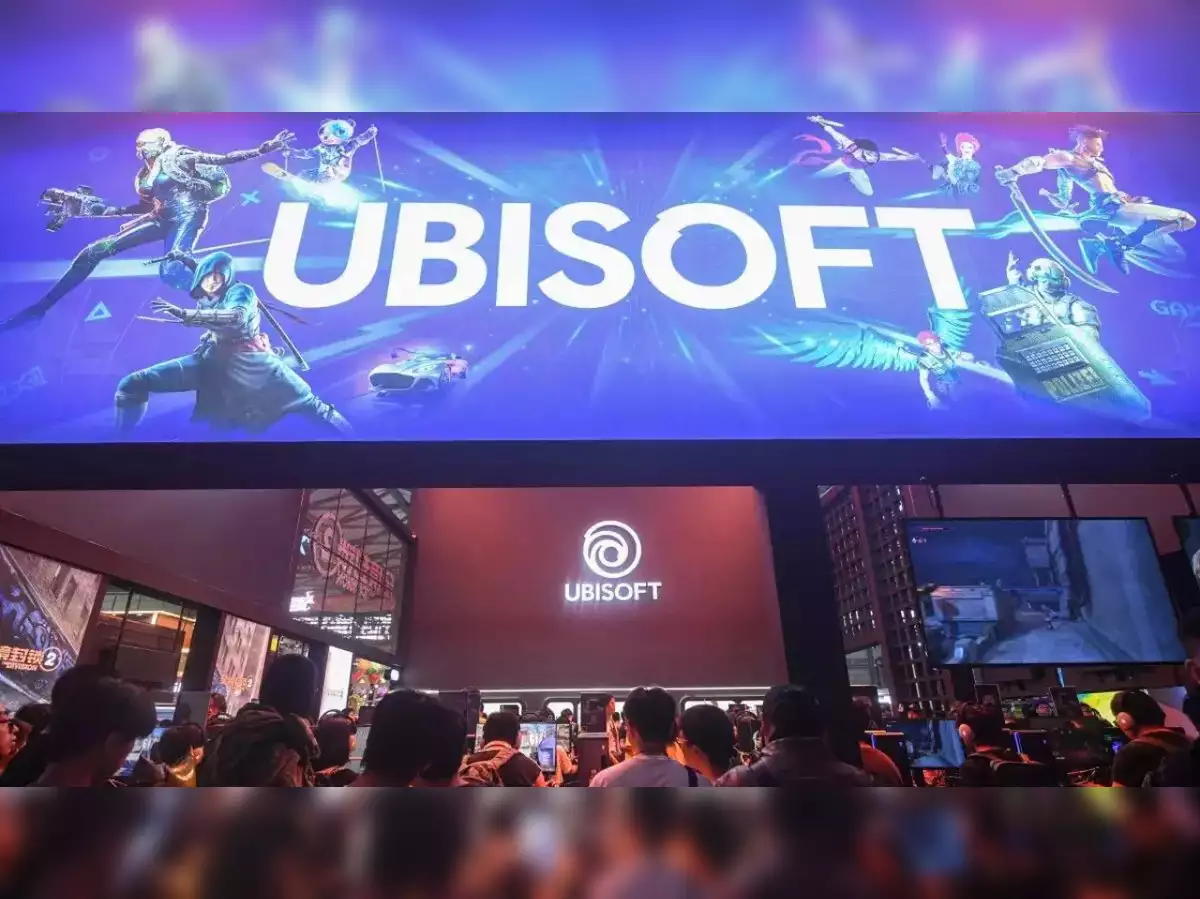In an era where video games are evolving into ever more complex and immersive experiences, developers face the significant challenge of ensuring these virtual worlds run smoothly and are free from bugs that can detract from the player’s experience. Google Research has introduced an innovative solution that leverages machine learning (ML) to efficiently and effectively train game-testing agents, offering a new tool for developers to enhance the quality and reliability of their games.
Key Highlights:
- Google’s ML-based system allows quick and efficient training of game-testing agents.
- The system requires no ML expertise and supports popular game genres such as arcade, action/adventure, and racing games.
- It focuses on training an ensemble of game-testing agents to perform specific tasks within minutes, known as “gameplay loops.”
- The approach uses a simulation-centric, semantic API, making it user-friendly for game developers.
- Techniques from image processing and adaptations to game control schemes help in creating effective neural network architectures.
- The training uses imitation learning, leveraging real-time interactions and feedback from game developers.
Revolutionizing Game Testing with Machine Learning
Google’s approach to utilizing ML in game testing is revolutionary, focusing on practicality and ease of use for developers. By targeting the creation of an ensemble of agents rather than a single all-encompassing agent, the system allows for more focused and effective testing of specific gameplay elements. This methodology is not only more efficient but also more aligned with the actual development and testing processes of games.
A Developer-Friendly API
At the heart of this system is a simulation-centric, semantic API designed specifically with game developers in mind. This API bridges the gap between the simulation-centric world of video games and the data-centric realm of ML. It allows developers to easily define the essential state observations and semantic actions relevant to gameplay, using concepts and terms familiar within the game development community. This approach significantly reduces the complexity and labor typically associated with integrating ML into game testing.
Training Through Imitation Learning
A standout feature of Google’s system is its reliance on imitation learning rather than traditional reinforcement learning. This method involves training ML policies by observing expert gameplay, significantly reducing the need for extensive data generation and hyperparameter tuning. The real-time interaction and feedback loop enabled by this approach create a dynamic and engaging training process, where developers can directly influence and improve the training outcomes through gameplay demonstrations.
The Future of Game Development
Google has not only introduced a powerful tool for game testing but also provided an open-source library to demonstrate its application, ensuring broad access and encouraging further innovation in the field. This development represents a significant step forward in the integration of ML technologies into game development, promising to streamline testing processes, enhance game quality, and ultimately enrich the gaming experience for players worldwide.
Google’s ML-based system for training game-testing agents heralds a new era in video game development, offering a scalable, efficient, and user-friendly solution to one of the industry’s most enduring challenges.










